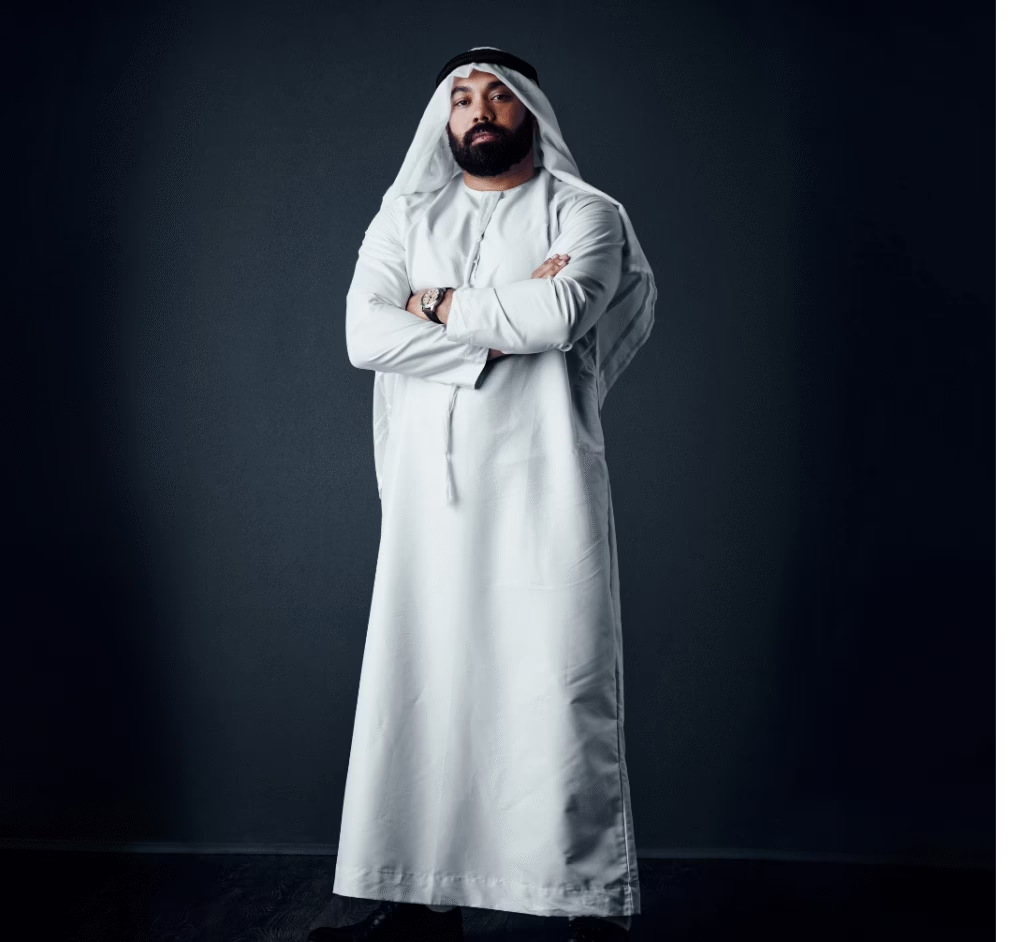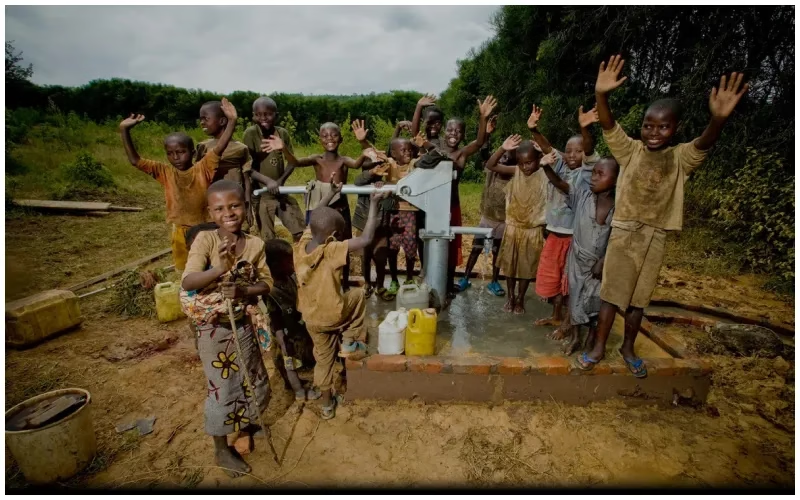The month of Ramadan is a time of immense spiritual significance, a period when the rewards for our good deeds and acts of worship are multiplied. At the heart of this blessed month is the spirit of giving. As we strive to get closer to Allah (SWT) through our fasting and prayers, our hearts are also opened to the needs of the poor and the vulnerable.
In Islam, charity is a vast and beautiful concept, with different names for different types of giving—Zakat, Sadaqah, Fitrana, Fidya. But what do these terms mean? Are they all the same? Which ones are obligatory? When are they due?
This foundational Islamic charity guide is here to provide clarity. We will break down each of these important types of charity in Islam so you can make your Ramadan donations with confidence, knowledge, and sincere intention.
Sadaqah: The Voluntary Act of Kindness
What it is: Sadaqah is the broadest term for charity in Islam. It is a completely voluntary act of giving, done purely for the sake of pleasing Allah (SWT) and seeking His reward.
Who gives it: Any Muslim can give Sadaqah at any time, in any amount they are able. It is not limited by wealth or status. The Prophet Muhammad (peace be upon him) taught us that even a smile is a form of Sadaqah.
Why we give it: We give Sadaqah to express our gratitude to Allah (SWT), to help those in need, to ward off calamity, and to cleanse our sins. It is a beautiful expression of our faith and compassion for others.
When to give it: Sadaqah can be given at any time of the year. However, because the rewards are multiplied in Ramadan, many Muslims choose to increase their Sadaqah during this blessed month.
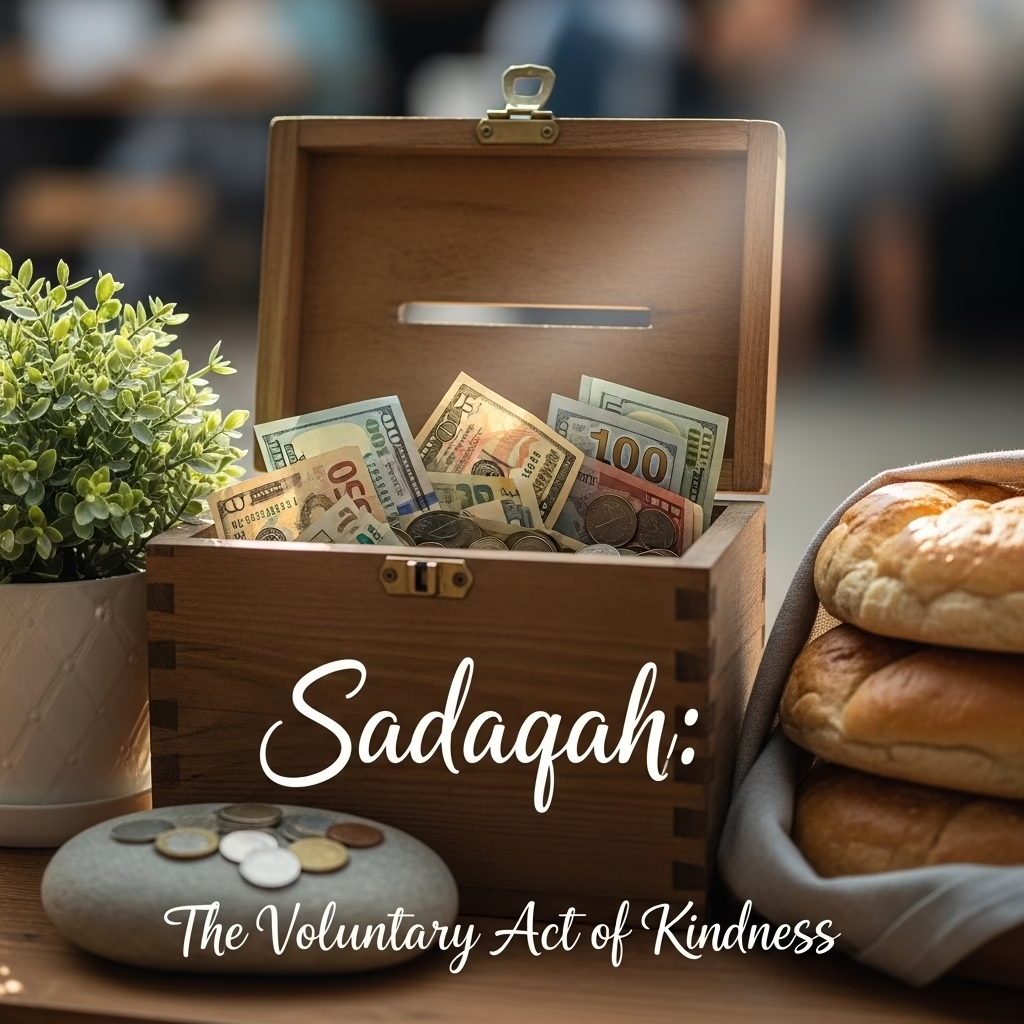

Zakat: The Obligatory Purification of Wealth
What it is: Zakat is the third pillar of Islam and a compulsory act of worship. It is an annual charity that is obligatory on a Muslim’s surplus wealth. It is crucial to understand that Zakat is not simply a gift; it is considered the right of the poor and needy over our wealth.
Who gives it: Zakat is payable by any sane, adult Muslim who has owned a minimum amount of wealth, known as the Nisab, for one full lunar year. The Nisab threshold is equivalent to the value of 87.48 grams of gold or 612.36 grams of silver.
Why we give it: The primary purpose of Zakat is to purify our wealth and our souls from greed. It is a spiritual investment that creates a just and compassionate society by ensuring that wealth is redistributed to those who need it most, including the poor, the destitute, and the indebted. The key Zakat vs Sadaqah distinction is that Zakat is a specific, calculated obligation, while Sadaqah is a general, voluntary kindness.
When to give it: Zakat is due once every lunar year. Many Muslims choose to pay their Zakat during Ramadan to take advantage of the multiplied rewards.
Fitrana (Zakat al-Fitr): The Charity of Breaking the Fast
What it is: Fitrana, also known as Zakat al-Fitr, is a separate and distinct obligatory charity that is due at the end of Ramadan. It is not to be confused with one’s annual Zakat.
Who gives it: The head of a household is required to pay Fitrana on behalf of themselves and every single person they are responsible for, including their spouse, children, and any other dependents, regardless of their age.
Why do we give it: What is Fitrana for? It has two beautiful and profound purposes. Firstly, it serves to purify the fasting person from any minor sins, idle talk, or indecent behaviour committed during the month. Secondly, it is a means of providing food for the poorest members of the community so that they too can celebrate the joyous day of Eid al-Fitr without worrying about their next meal.
When to give it: Fitrana must be paid before the Eid al-Fitr prayer. It is highly recommended to pay it a few days in advance to allow charities like Children of Adam enough time to distribute it to the needy before Eid day.

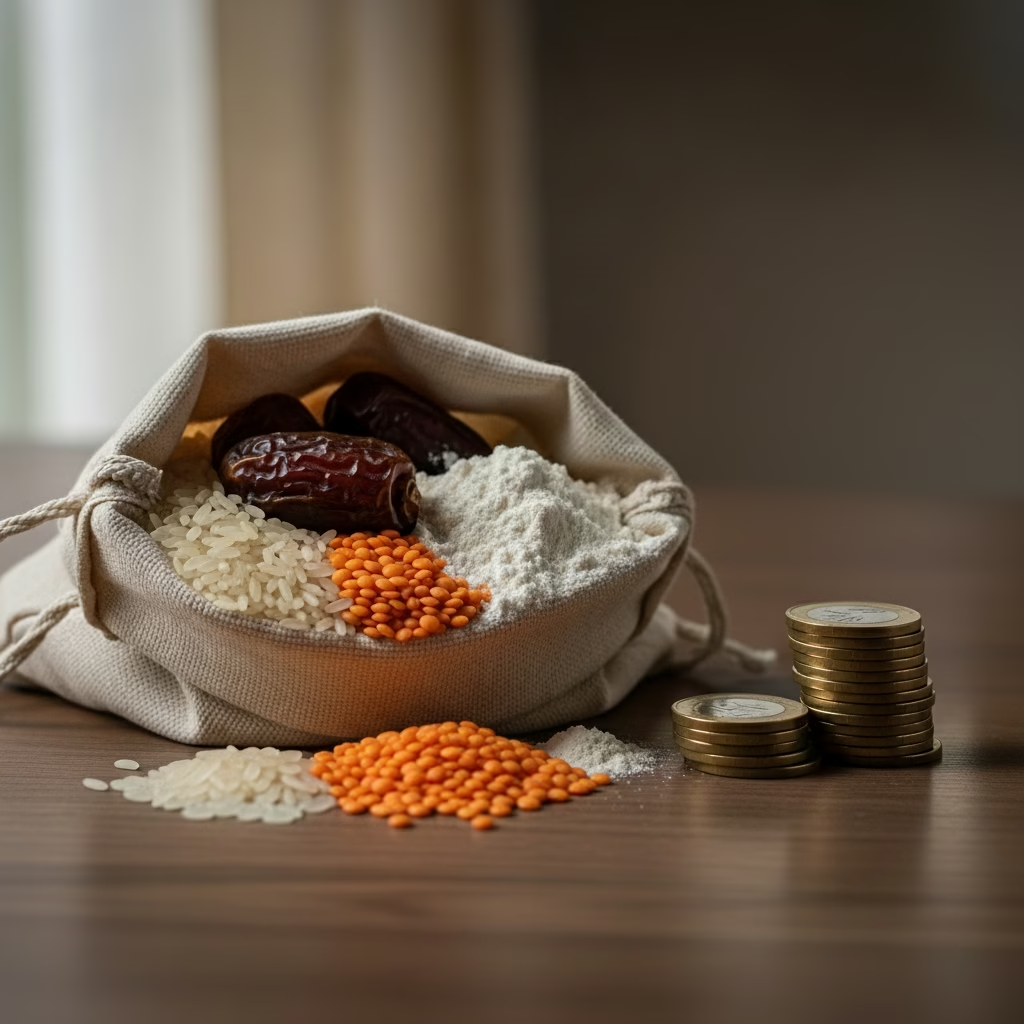
Fidya and Kaffarah: Compensation for Missed Fasts
What it is: This category of charity relates specifically to fasts missed during Ramadan. Our latest article on this topic, a Fidya Kaffarah explained guide, goes into more detail, but here is a summary.
- Fidya: This is a payment made by those who are unable to fast for a valid and permanent reason, such as old age, chronic illness, or a permanent medical condition. It is a compensation for being unable to perform the physical act of fasting.
- Kaffarah: This is a major atonement required from a person who deliberately breaks a fast during Ramadan with absolutely no valid reason. It is a serious penalty for a serious transgression.
Why we give it: We give Fidya as a merciful provision from Allah (SWT) that allows us to fulfill our obligation by feeding a person in need for each fast we are unable to keep. Kaffarah is given as an act of sincere repentance to Allah (SWT).
Fidya and Kaffarah: Compensation for Missed Fasts
| Charity | Obligation | Who Pays? | When? | Purpose |
| Sadaqah | Voluntary | Anyone | Anytime | General kindness, seeking reward |
| Zakat | Obligatory | Muslims with wealth above Nisab | Annually | Purify wealth, help the poor |
| Fitrana | Obligatory | Every Muslim | End of Ramadan, before Eid prayer | Purify fasts, feed the poor on Eid |
| Fidya | Obligatory (if applicable) | Those with a valid reason not to fast | For missed fasts | Compensation, feed the needy |
Fulfilling Your Obligations with Children of Adam
Understanding these differences allows us to give with knowledge and sincerity. At Children of Adam, we provide clear and trusted channels for each of your donations:
- Pay your Zakat and Sadaqah through our many 100% Zakat policy projects, ensuring your donation has maximum impact.
- Pay your Fitrana for your entire family, allowing us to deliver it as joyous Eid meals to the needy.
- Pay your Fidya or Kaffarah to provide essential meals to the hungry on your behalf, fulfilling your specific religious duty.
With Children of Adam, you can be confident that every type of donation is handled according to its specific Islamic rules and delivered with the utmost care and transparency.

Conclusion: Giving with Knowledge and Intention
May this guide serve as a useful tool for you as you prepare for the blessed month. By understanding the beautiful and diverse avenues of charity in our faith, we can give with greater intention, fulfil our obligations correctly, and earn the immense rewards promised by Allah (SWT).
